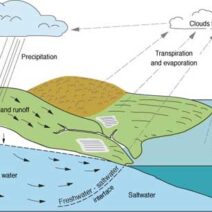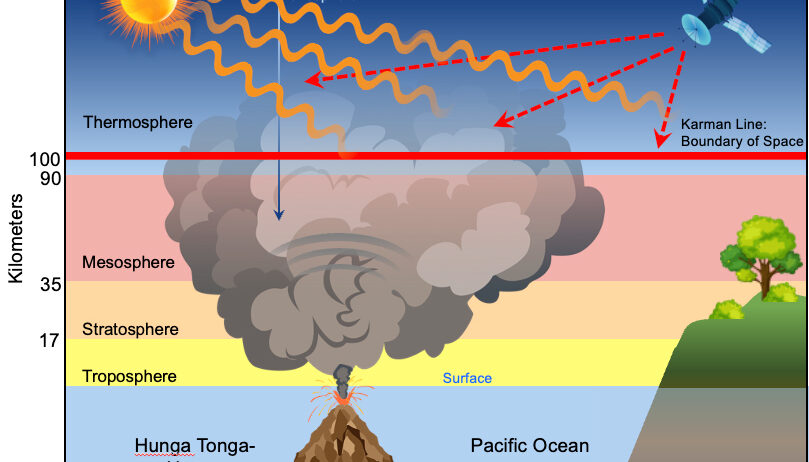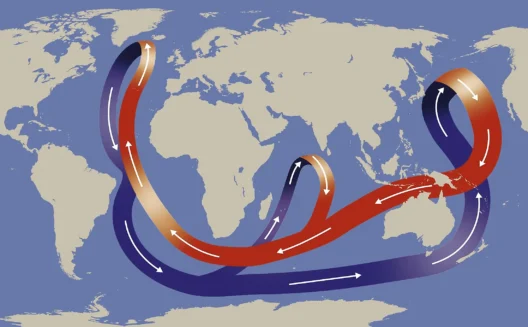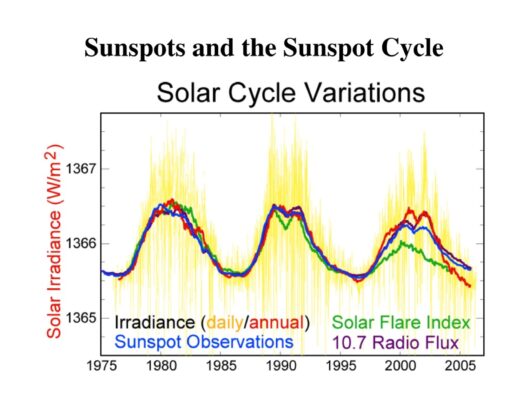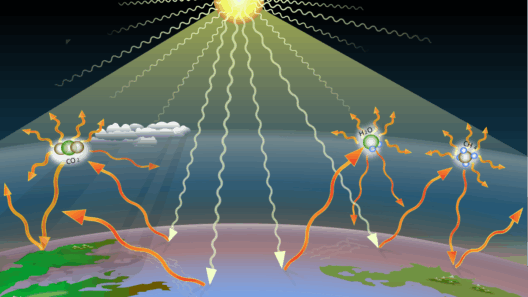In an era increasingly dominated by climate change discourse, the question of reducing one’s personal climate impact emerges as both a critical responsibility and a compelling challenge. While systemic solutions, such as governmental policies and corporate practices, are often highlighted, individual actions collectively wield the power to effect change. To navigate this complex landscape, it is essential to first grasp the various dimensions of personal climate impact, which includes the multifaceted nature of one’s lifestyle choices.
One foundational aspect of reducing climate impact is re-evaluating personal consumption habits. The contemporary consumer culture, marked by a relentless pursuit of convenience and novelty, fuels significant environmental degradation. By consciously choosing to consume less and seeking out sustainable alternatives, individuals can begin to mitigate their carbon footprints. This begins with adopting the principles of minimalism—prioritizing quality over quantity. Investing in durable goods rather than disposable items reduces waste and conserves resources. An eye towards ethical brands that prioritize sustainable practices can also bolster positive change.
Another practical measure involves rethinking transportation methods. The transportation sector is a substantial contributor to greenhouse gas emissions, primarily through reliance on fossil fuels. Individuals can take a proactive stance by opting for public transport, cycling, or walking whenever feasible. This not only diminishes carbon emissions but also promotes healthier lifestyles. For longer journeys, consider using electric or hybrid vehicles, or carpooling to decrease the number of vehicles on the road. These choices ripple outward, influencing community norms and encouraging collective action.
Moreover, energy consumption at home warrants rigorous examination. Households are often major culprits of energy waste, leading to increased carbon emissions. Simple yet effective strategies can yield considerable reductions in energy use. Switching to energy-efficient appliances and utilizing smart home technology helps minimize electricity consumption. Additionally, incorporating renewable energy sources, such as solar panels, can significantly decrease reliance on fossil fuels. By advocating for green technologies and energy conservation practices, individuals not only lower their carbon footprint but also set a precedent for others in their communities.
Water usage, often an overlooked component of climate impact, also necessitates attention. The water-energy nexus underscores how water use can indirectly influence carbon emissions through energy-intensive processes such as water heating and wastewater treatment. Implementing water-saving strategies—like fixing leaks, installing low-flow fixtures, and adopting drought-resistant landscaping—can substantively lower personal contributions to climate change. Furthermore, being mindful of food choices is paramount, as agriculture is one of the largest sources of greenhouse gas emissions. Prioritizing plant-based diets, reducing meat consumption, and minimizing food waste can collectively foster a more sustainable food system.
Incorporating sustainable practices into one’s diet often entails a shift towards local and seasonal produce. By supporting local farmers and participating in community-supported agriculture (CSA) programs, individuals not only reduce their carbon footprint associated with food transportation but also bolster local economies. The fascination with this movement reflects a broader cultural longing for connection to one’s food sources. By choosing locally sourced products, individuals cultivate relationships within their communities and contribute to a resilient food network.
The act of reducing waste is intricately linked to the broader theme of sustainability. Embracing concepts like the circular economy, where waste is minimized and materials are continually reused, is vital. Individuals can actively participate through practices such as composting organic matter and recycling consumables. Understanding the distinction between recycling and proper waste disposal is essential; not all materials can be recycled, and contamination can render recyclables useless. Educating oneself and others about waste management thus becomes a powerful tool in fostering sustainable communities.
Education and advocacy play pivotal roles in personal climate action. Engaging with civic issues, understanding local environmental policies, and advocating for sustainable practices can amplify individual impact. Participation in local environmental groups or initiatives can lead to collaborative efforts that foster change at a larger scale. The power of collective action cannot be overstated; when individuals unite for a common cause, they can challenge systemic barriers to sustainability.
Furthermore, maintaining a mindset of continuous learning is essential in the pursuit of reducing climate impact. Staying informed about emerging research, innovative technologies, and evolving practices allows individuals to adapt and refine their actions effectively. It invites curiosity and fosters a deeper understanding of the interconnectedness of systems that drive climate change. This ongoing journey of education can inspire innovation and open new avenues of engagement, thus enhancing personal agency in the fight against climate change.
In conclusion, the pursuit of reducing personal climate impacts is not merely a collection of individual actions but a profound journey that intertwines with broader societal transformation. While the challenge is formidable, the personal commitment to change is equally essential. It is through the cumulative effects of individual choices that we can pivot towards a sustainable future. Embracing this challenge is more than an environmental imperative; it is a collective opportunity to reshape our world, infuse our communities with resilience, and protect the planet for generations to come. The convergence of personal responsibility and communal action can foster a shift towards a more sustainable, equitable, and environmentally conscious society.

